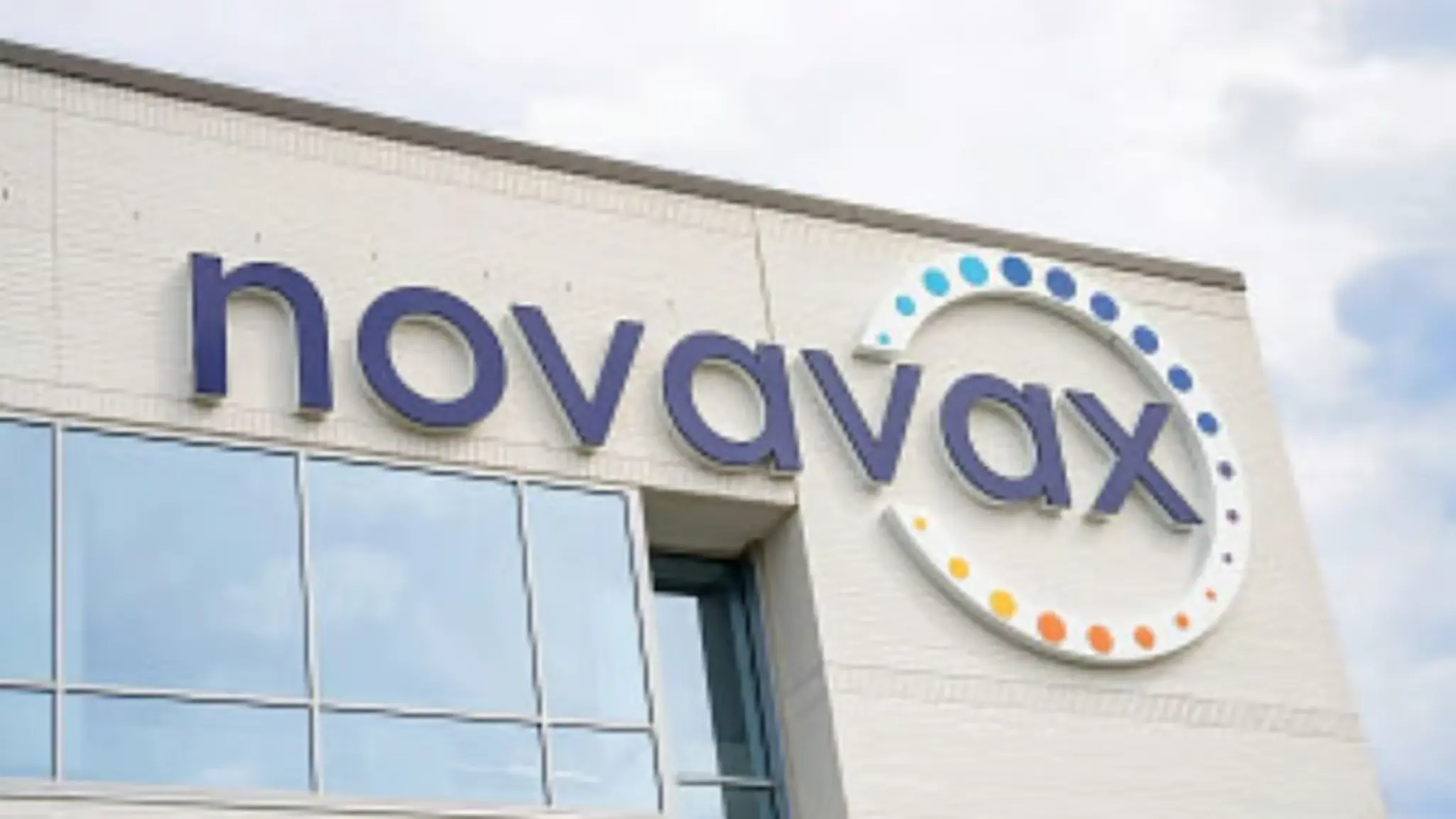
The FDA has approved Novavax’s COVID-19 vaccine but with unusual restrictions
In a surprising move, the U.S. Food and Drug Administration (FDA) has granted full approval to Novavax COVID-19 vaccine, but with strict limitations on who can receive it. Unlike Pfizer and Moderna’s mRNA-based vaccines, Novavax’s protein-based shot is now only available to adults aged 65 and older, or individuals 12 to 64 years old with underlying health conditions.
This decision has sparked debate among health experts, as Novavax was expected to receive broader approval. The restrictions raise questions about vaccine accessibility, public health strategy, and the future of non-mRNA COVID-19 vaccines.
Why Did the FDA Restrict Novavax’s Vaccine?
Novavax’s vaccine, branded as Nuvaxovid, was initially authorized for emergency use in 2022 for individuals 12 and older. However, the FDA’s latest approval limits its availability, citing concerns over efficacy, safety, and market demand.
Key reasons behind the restrictions:
- Targeting high-risk groups: The FDA believes older adults and those with pre-existing conditions are the most likely to seek seasonal COVID-19 vaccinations.
- Post-approval studies required: Novavax must conduct additional trials to assess potential links between the vaccine and heart-related conditions like myocarditis and pericarditis.
- Market competition: Pfizer and Moderna’s vaccines are already fully licensed for broader use, making Novavax’s approval more strategically focused.
Despite these limitations, Novavax CEO John C. Jacobs welcomed the approval, stating that it “solidifies a pathway for Americans seeking a protein-based alternative to mRNA vaccines”.
Who Can Get the Novavax Vaccine?
The FDA’s approval restricts Novavax’s vaccine to:
Adults aged 65 and older
Individuals aged 12-64 with at least one underlying health condition
Healthy individuals under 65 are not eligible
Children under 12 are excluded until further studies are completed
The Centers for Disease Control and Prevention (CDC) is expected to review these restrictions in its upcoming June 25-27 meeting, where experts will debate whether yearly COVID-19 vaccinations should be recommended for everyone or only high-risk groups.
Public & Expert Reactions On Novavax COVID-19 Vaccine
The FDA’s decision has divided health experts and the public:
- Supporters argue that targeting high-risk individuals ensures efficient vaccine distribution.
- Critics claim the restrictions limit access to a safe, effective alternative for those who prefer non-mRNA vaccines.
- Some speculate that the FDA’s move reflects political influences, as the agency had initially planned to approve Novavax without restrictions before delaying its decision.
Meanwhile, the CDC’s Advisory Committee on Immunization Practices (ACIP) is expected to reassess COVID-19 vaccine recommendations, potentially shifting from universal vaccination to risk-based immunization.
What’s Next for Novavax?
Despite the restrictions, Novavax is preparing for commercial distribution for the 2025-2026 respiratory season. The company has also entered a manufacturing partnership with Sanofi, ensuring wider availability of its vaccine in the future.
Additionally, Novavax must complete several post-approval studies, including:
- Safety trials focusing on cardiovascular risks in individuals 12 and older.
- Efficacy assessments for adults 50-64 without underlying conditions.
These studies will determine whether Novavax’s vaccine can eventually receive broader approval.
Conclusion
The FDA’s unexpected restrictions on Novavax’s COVID-19 vaccine have reshaped the conversation around vaccine accessibility and public health strategy. While the approval marks a milestone for non-mRNA vaccines, the limitations raise concerns about equitable distribution and long-term availability.
As the CDC prepares to review COVID-19 vaccination policies, the future of Novavax’s vaccine remains uncertain but promising.